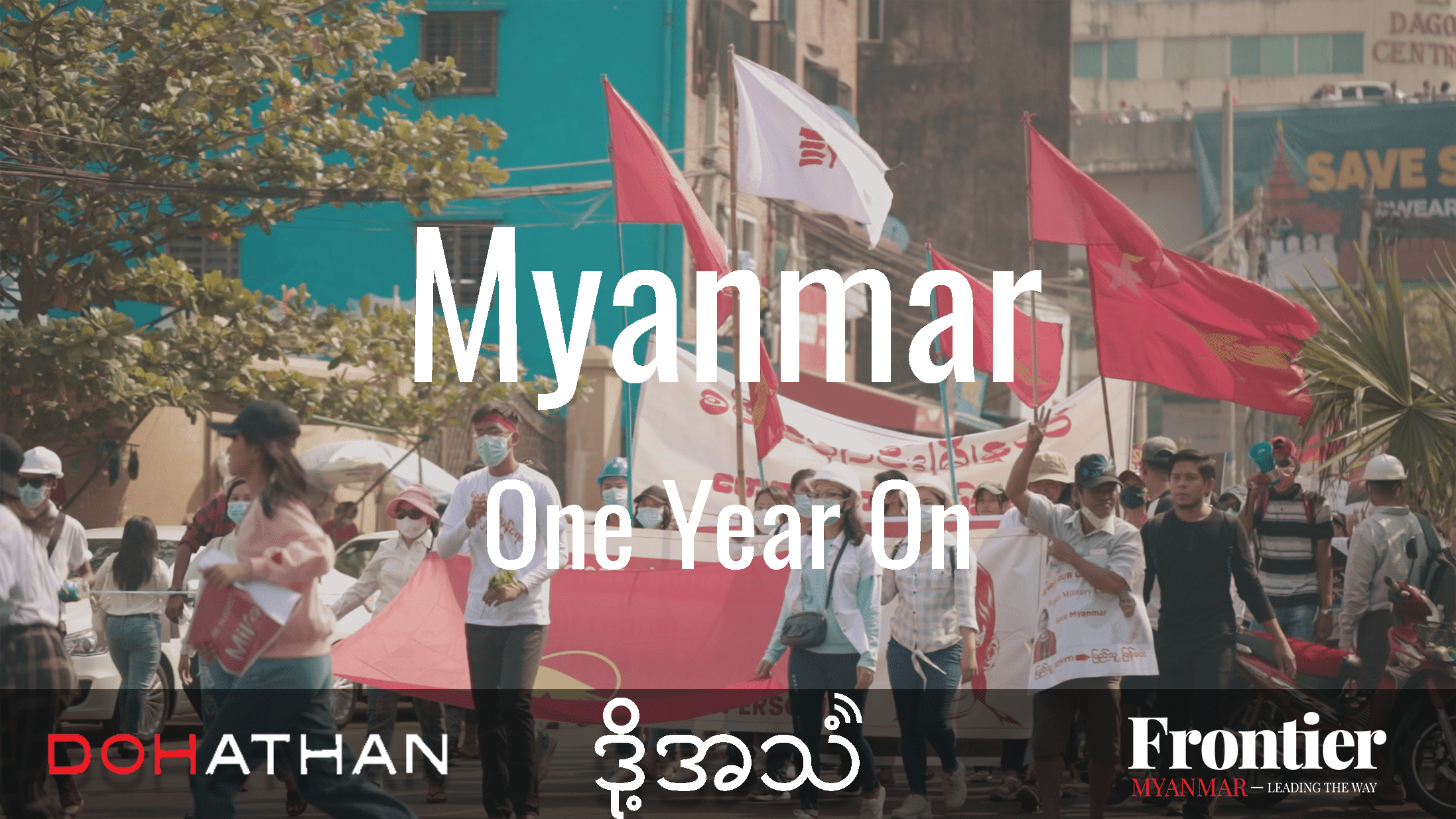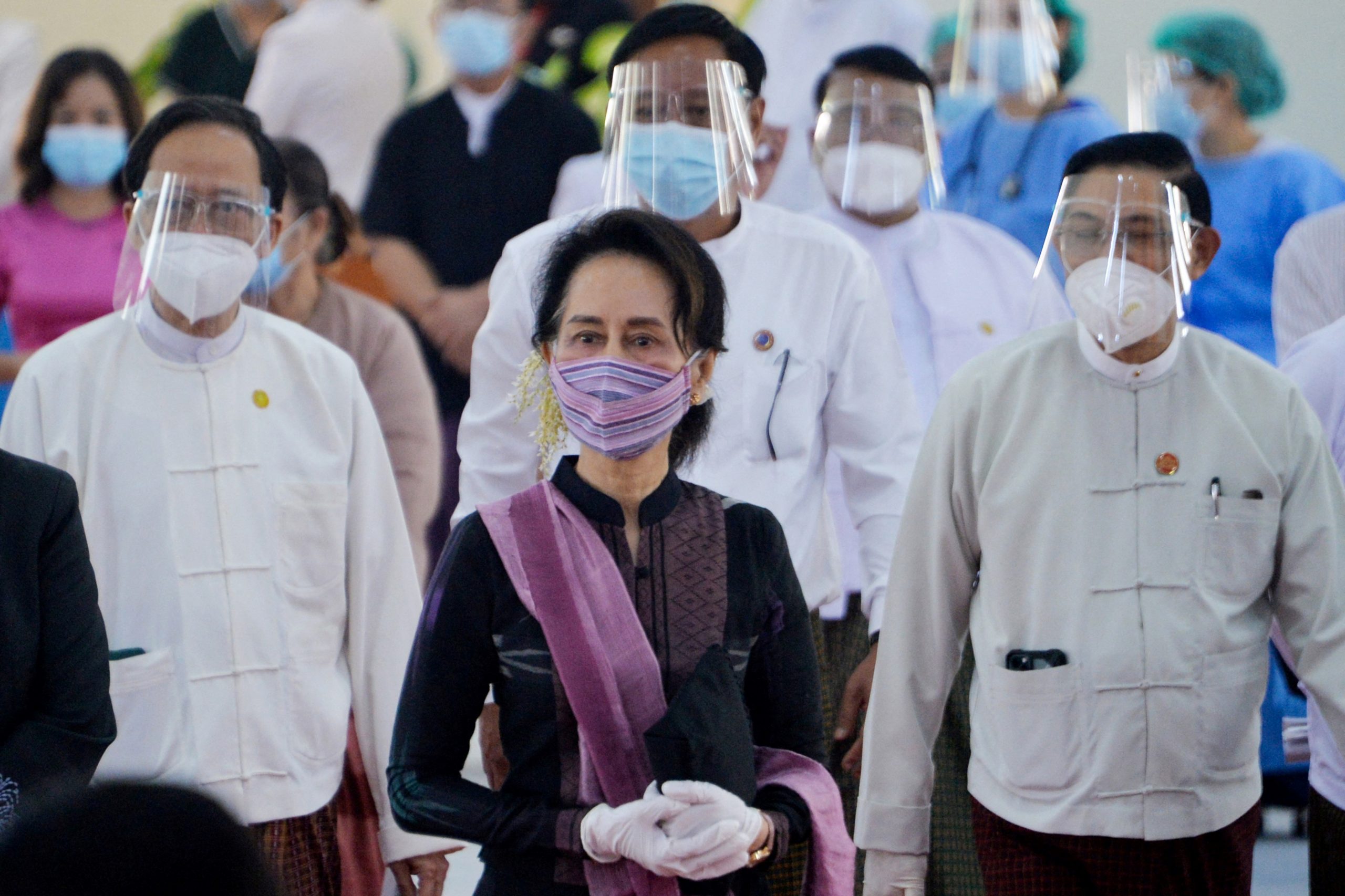By KYAW PHONE KYAW | FRONTIER
YANGON — A group of civil society activists calling for changes to the controversial Telecommunications Law is submitting its research to the Union Parliament.
The monitoring group, led by poet and former political prisoner Maung Saungka, IT expert Ko Soe Thiha Naung and High Court lawyer Ko Kyi Thar Phone Myint, have conducted a survey of cases under the law and will deliver their findings to Nay Pyi Taw on Wednesday.
Since it was enacted in 2013, seven people were sued and five people charged by Section 66(d) of the law for social media posts deemed defamatory. Under the current government, 42 people have been sued, according to the group’s research.
The trio are calling for an overhaul of the punitive sections of the law, which has been used to prosecute a number of online critics of the government and military, and to instead use an existing statutes in the Penal Code to assess defamation claims falling under the law.
Support more independent journalism like this. Sign up to be a Frontier member.
“Committing defamation on the internet could be prosecuted with Section 500 of the Penal Code. It makes no legal sense to have two laws for the same crime,” Kyi Thar Phone Myint told reporters at a Friday press conference.
He added that the Ministry of Transport and Communications had the ability to request digital evidence of authorship from social media outlets like Facebook, but according to the group’s findings this had never occurred.
As a result, he said, some defendants had been convicted without convincing proof they were responsible for the social media posts responsible for their charges.
“The law as written needs approval from the Ministry of Communication to initiate charges, but the ministry has given permission in every case but one. Police have arrested suspects even when they have no proof that the Facebook account in question is actually run by the suspect.”
The group is also planning to make its findings available to parliamentary bill committees in Nay Pyi Taw along with rights groups and civil society organisations.
On December 21, Pyithu Hluttaw Speaker U Win Myint told media that the parliament had no plans to amend the Telecommunications Law.
Maung Saungkha found international fame in the last month of the U Thein Sein government, after he was arrested and sentenced to a six-month prison term for a poem claiming he had an image of the former president tattooed on his penis.







